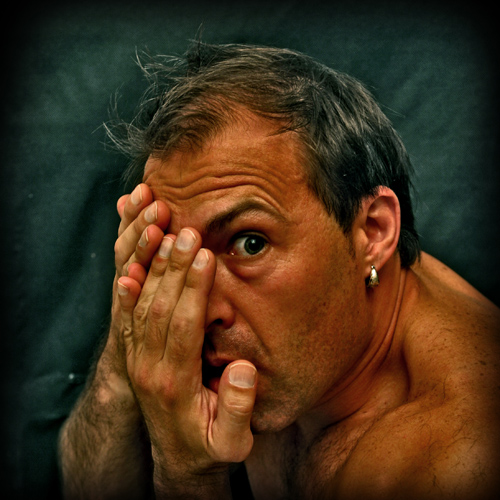
Luckily for most of us, knowledge of our worst mistakes is limited to ourselves and a select few others. Hopefully those few know us well enough to consider who we are in our hearts. Hopefully we’ve learned not to let that one big mistake or series of mistakes define who we are.
I recently saw a story about a local professional who was arrested on a variety charges involving a domestic dispute and alcohol. While I didn’t know him well, I’ve worked around him in the past and have known him to be a respected, intelligent and compassionate person. Others who have worked around him seem to share a similar opinion.
The comments from the public on the news story were vicious. They called him names, wished for terrible punishments and essentially seemed to enjoy witnessing the downfall of another human being. Granted, the story painted a dismal picture of someone in a drunken state with a careless disregard for others…but is it fair to judge a person by such a tiny slice of his or her life?
As I considered this question, I thought about the clients we see at our treatment facility. I considered how many of them don’t have the luxury of keeping their mistakes private. I thought about the public humiliation and violations of privacy that occur when someone is arrested on criminal charges.
They have been arrested and booked. Their mug shots are publicized on websites and for-profit newspapers. If the story is salacious enough, the local television stations are sure to provide significant coverage. Any charges filed and ongoing court activities are usually open to the public. The accused have been labeled as criminals, drug addicts, alcoholics and sometimes worse.
Are they being fairly judged? Do the courts and other professionals working in the criminal justice systems consider the whole of someone’s life, or just the worst mistakes they’ve made? I would argue that more often than not, we see mostly the mistakes.
Even worse is when the people being judged start to see themselves in the same way. They become so identified by their mistakes and shortcomings that their view of self becomes distorted by those events. They can become blinded to their own qualities and positive attributes just as the rest of us have.
In the fifth step of Alcoholics Anonymous, we are supposed to “confess to God, to ourselves and another human being the exact nature of our wrongs”. The idea of confession is as old as the bible. While terrifying to many, one of the benefits of the step is to tell another person your worst secrets and to realize they still love and value you. Through that realization, we are then able to love and value ourselves.
We each have the power to create our own reality by what we attend to. The world can seem a wonderful or horrible place depending on our attitudes, beliefs and expectations. Once people start to see themselves as fundamentally flawed, that belief can become a reality.
Many of us have been taught to look beyond the problems to find value in the person underneath. I’m not sure that always happens and it’s difficult to remember when working with people in the criminal justice system. Just as clients can become problem saturated, so can we become so focused on their mistakes that we forget to look for the qualities and strengths.
So the next time you see someone who has made a terrible mistake, remember to consider the things you don’t know. Consider the people who may love them, value them or depend on them. Consider the potential they have and the good they may have done. Consider the good things they may still do and most importantly, don’t define anyone (including yourself) by the worst thing they’ve ever done.


